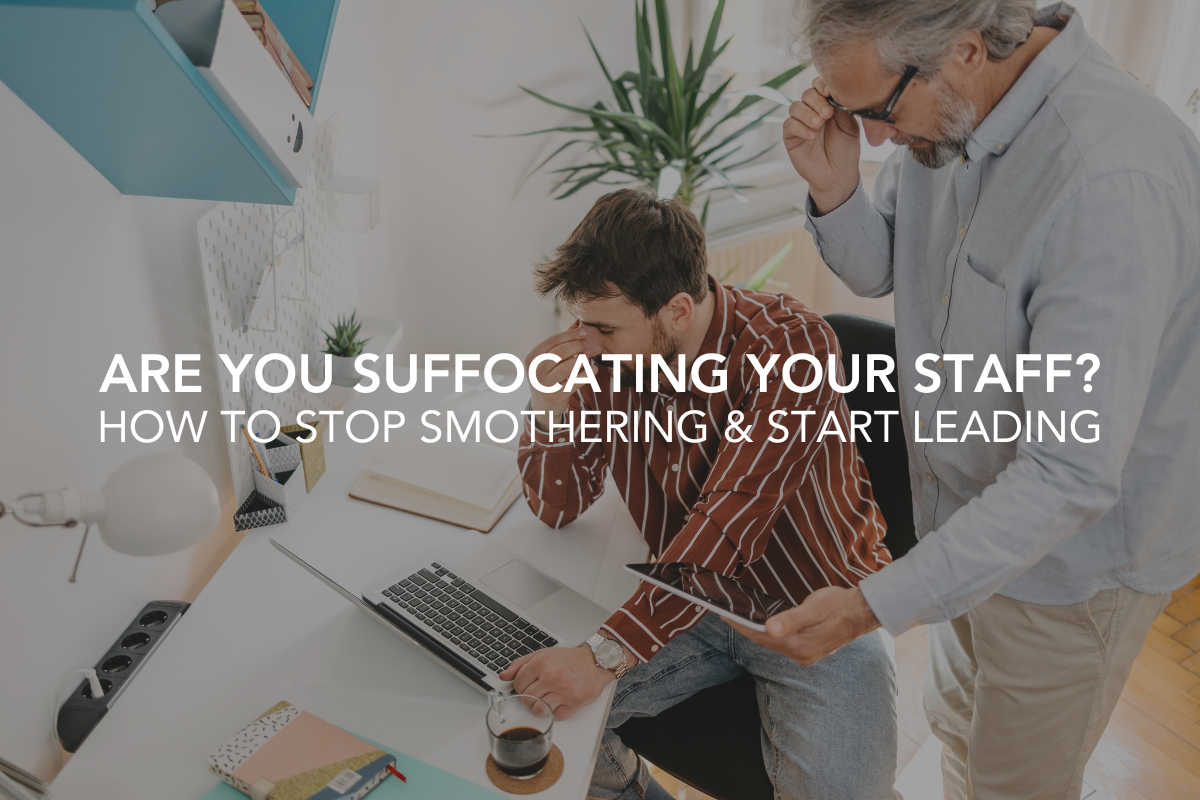It should not come as a surprise that focus is hard work. There are an ever-growing number of things competing for our attention that can distract us from focusing. But there is a significant link between leaders who focus their attention on what is most important for the organization and the organization being highly effective. This also applies to effectively accomplishing personal goals.
So how do you learn to focus better on what's most important? Here are seven of the best ways that we have found.
1. Define your Very Important Priorities (VIPs)
Don’t make this more complicated than it is. Your Very Important Priorities are your bull’s eye – your target. They may be your target for only a period of time or for your lifetime. The VIPs define what you are aiming to accomplish and will serve as a point of reference in concentrating your time, talents, and other resources. You should have no more than 1-3 VIPs. The more you have, the less success you will experience as a laser leader (being focused on the most important things) since too many VIPs results in becoming a flashlight leader (being focused on anything and everything that seems “good”) again!
2. Limit your activities
Psychologists have determined that people can only reasonably manage about 4-5 chunks of information at once. Because of this, I suggest you limit yourself and your organization to focusing on the 4-5 important priorities and activities that are most essential to accomplishing your vision. This does not mean that nothing else is done besides these 4-5 priorities, but rather these priorities receive the greatest investment of your time, the time of your most talented people, and the most significant resources.
3. Reduce distractions
On more than one occasion, I have met a flashlight leader whose life is defined by constant activities with little or no connection to a VIP. I sometimes refer to such leaders as “activity addicts.” They are constantly moving, but there is little to show for it at the end of the year. Such leaders love to attend conferences, read books, regularly post on social media, join fantasy football leagues, and even take sabbaticals! These sensory and time distractions may be helpful at times, but for too many leaders, these activities take their attention away from what is most important.
The most difficult types of distractions as leaders are ones we have a little less control over – they are emotional in nature such as a marriage that is struggling; a child that has mental health issues; a parent that has serious health issues; or a personal struggle with anxiety or depression. Live long enough and you will experience one or more of these. If you have ever dealt with any of these struggles, you know it is hard to shut them off long enough to concentrate on the work that is in front of you. A wise friend, leadership coach, or counselor can serve as a great resource in helping you learn coping strategies and thought patterns to help you more effectively focus in the midst of these emotional distractions.
4. Limit your information
While this is not a formula for everyone, limiting the amount of information we consume may be a reasonably good fit for most of us when trying to tame information overload.
Email – Keep your inbox to 10-12 emails by delegating, deleting, or providing a response immediately. I know, it sounds impossible, but it really isn’t!
Reading – Limit yourself to no more than 3-5 articles, magazines, or books and only read the sections that matter most to you. Find at least one element of new learning to use immediately.
Seminars – Attend a seminar if it will help you with your core vision, but be sure to find at least one element of new learning to use immediately. Remember, too many seminars and you may become a seminar addict, getting more and more information and leading less and less effectively.
Meetings – Some researchers now believe one of the most productive and beneficial types of meetings is eating together! Researcher Kevin Kniffin of Cornell University notes, “Behavior that might seem superfluous or wasteful to outside observers ultimately carries significant importance for organizational performance.” Beyond eating together, the three tests I use for evaluating meetings are:
Did I add any significant value to others or to the organization?
Did I or my areas of oversight receive value from the meeting?
Did our organization’s health and effectiveness show any measureable benefit from the time invested in this meeting?
If you answer no to all of these, there is a big problem with the meeting. If you answer yes to all three, you had a home run meeting!
Social media – While social media can play a valuable role for your VIPs, you may do well to ask yourself, “How is what I am now doing on Facebook, Twitter, Instagram, etc. relevant to my vision?” Remember, do you want to be a Flashlight Leader or Laser Leader?!
5. Keep the laser image in front of you
Sometimes just the image will help you to stop and briefly reflect on which light you are modeling and what needs to change to stay on focus.
6. Focus your resources
It’s our responsibility to help focus the time and attention of the staff and the organization’s resources on the mission. Look at your finances, staffing, and your own time usage. Do they show reasonable focus on your VIPs? If not, why?
“Decide upon your major definite purpose in life and then organize all your activities around it.”
7. Use a coach
Some leaders who struggle with focus show dramatic improvement when they have the guidance and accountability of a leadership coach. A skilled coach can both help you to understand your VIPs and provide you with ideas on how to move from flashlight leadership to laser leadership.
Remember, if you do not have a clear sense of direction or know what you are aiming for, you will most likely default to flashlight leadership, chasing after anything that seems good, rather than focusing on the most important and ultimately accomplishing your goals.
Jay Desko is the CEO of The Center Consulting Group and brings experience in the areas of organizational assessment, leadership coaching, decision-making, and strategic questioning. Jay’s degrees include an M.Ed. in Instructional Systems Design from Pennsylvania State University and a Ph.D. in Organizational Behavior and Leadership from The Union Institute.


![7 Ways to Focus Better [On What's Most Important]](https://images.squarespace-cdn.com/content/v1/571fc0ea1d07c0fd6d72c167/1492698089979-X5R4UW4JOWLY4ZT5A9OU/image-asset.jpeg)


![Gratitude: A Silver Bullet for Strengthening Morale [VIDEO]](https://images.squarespace-cdn.com/content/v1/571fc0ea1d07c0fd6d72c167/1768246672364-PQNI8VHO5EEPZ3IRMY7F/gratitude+blog.png)
